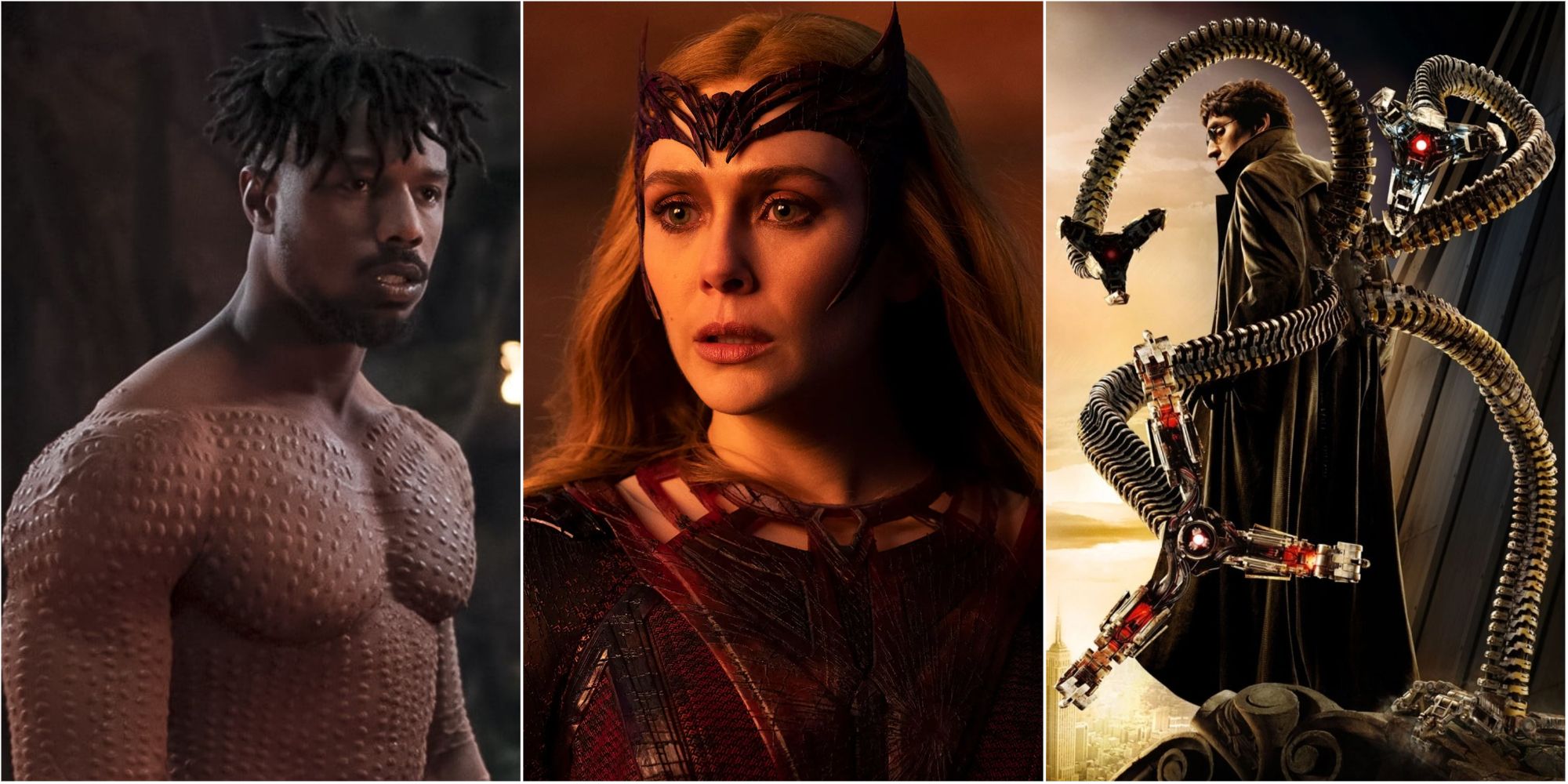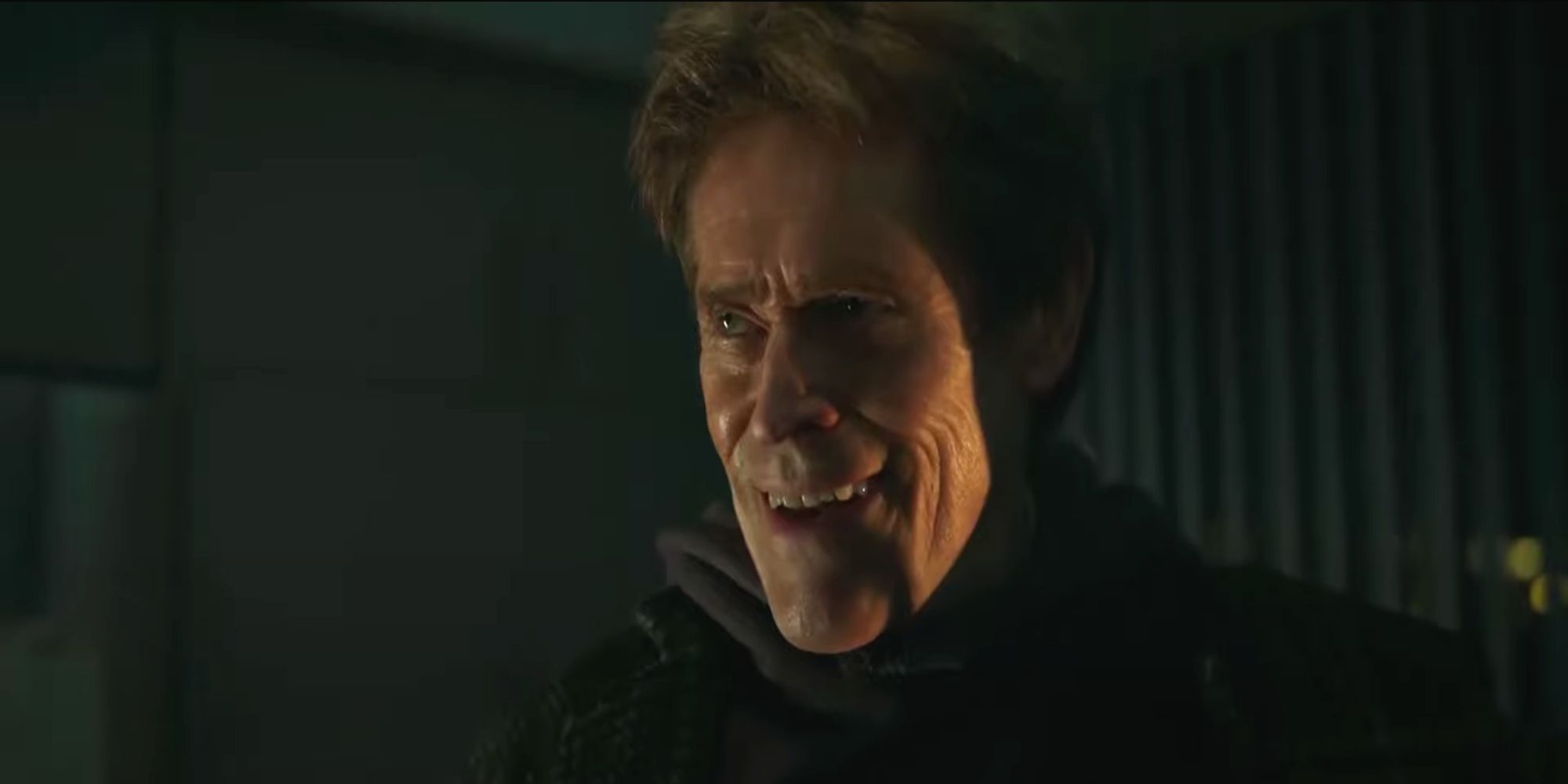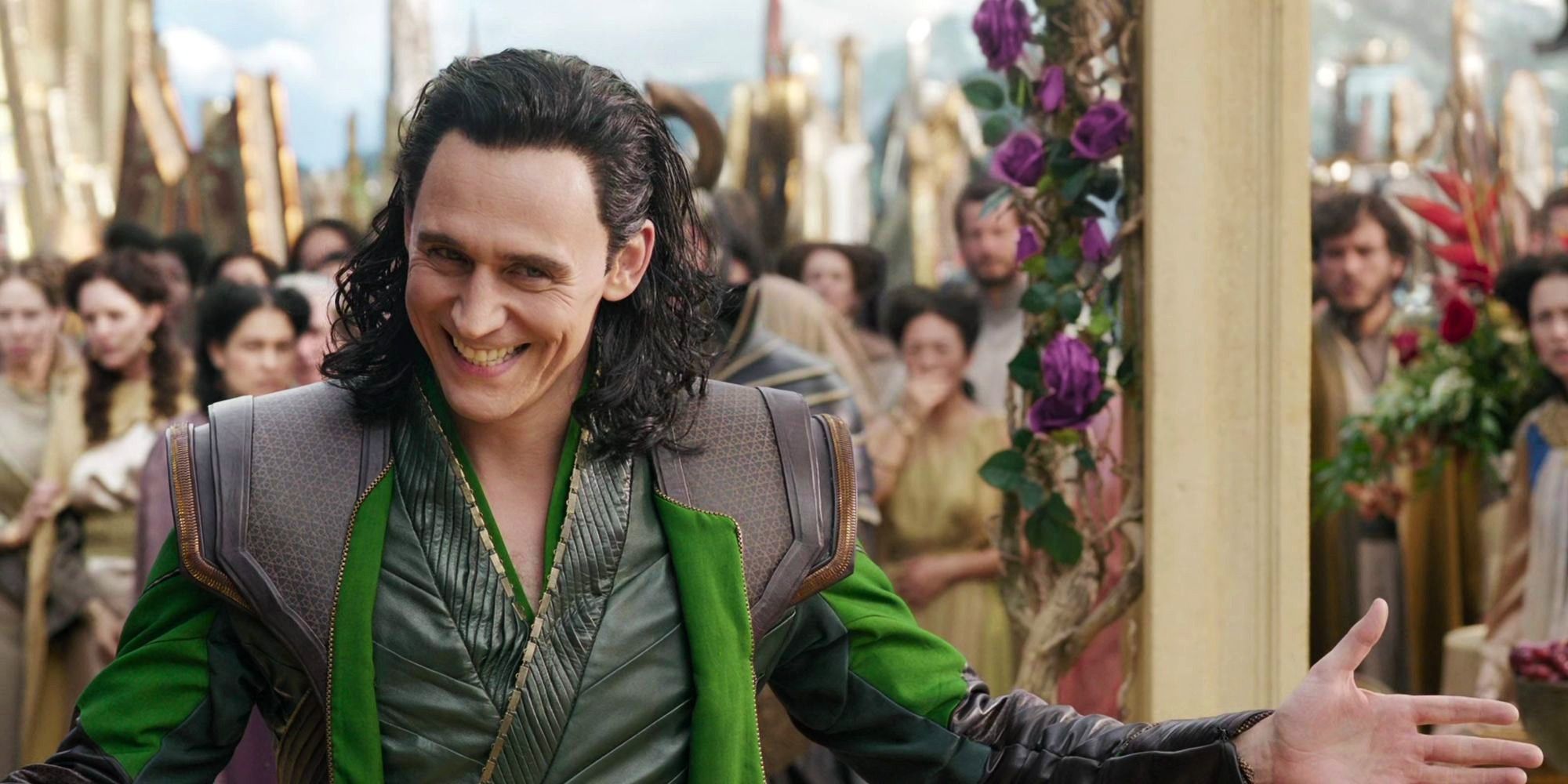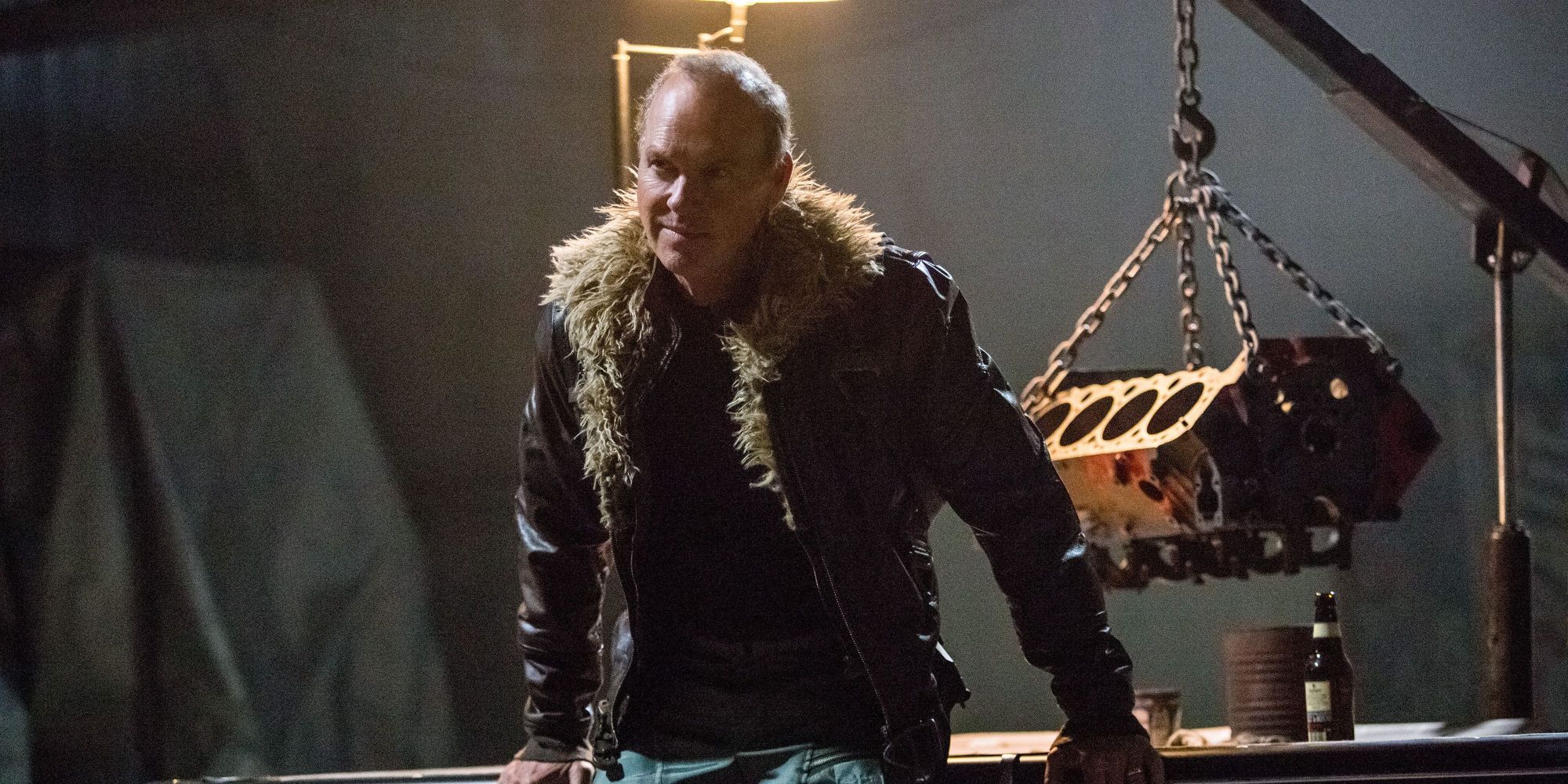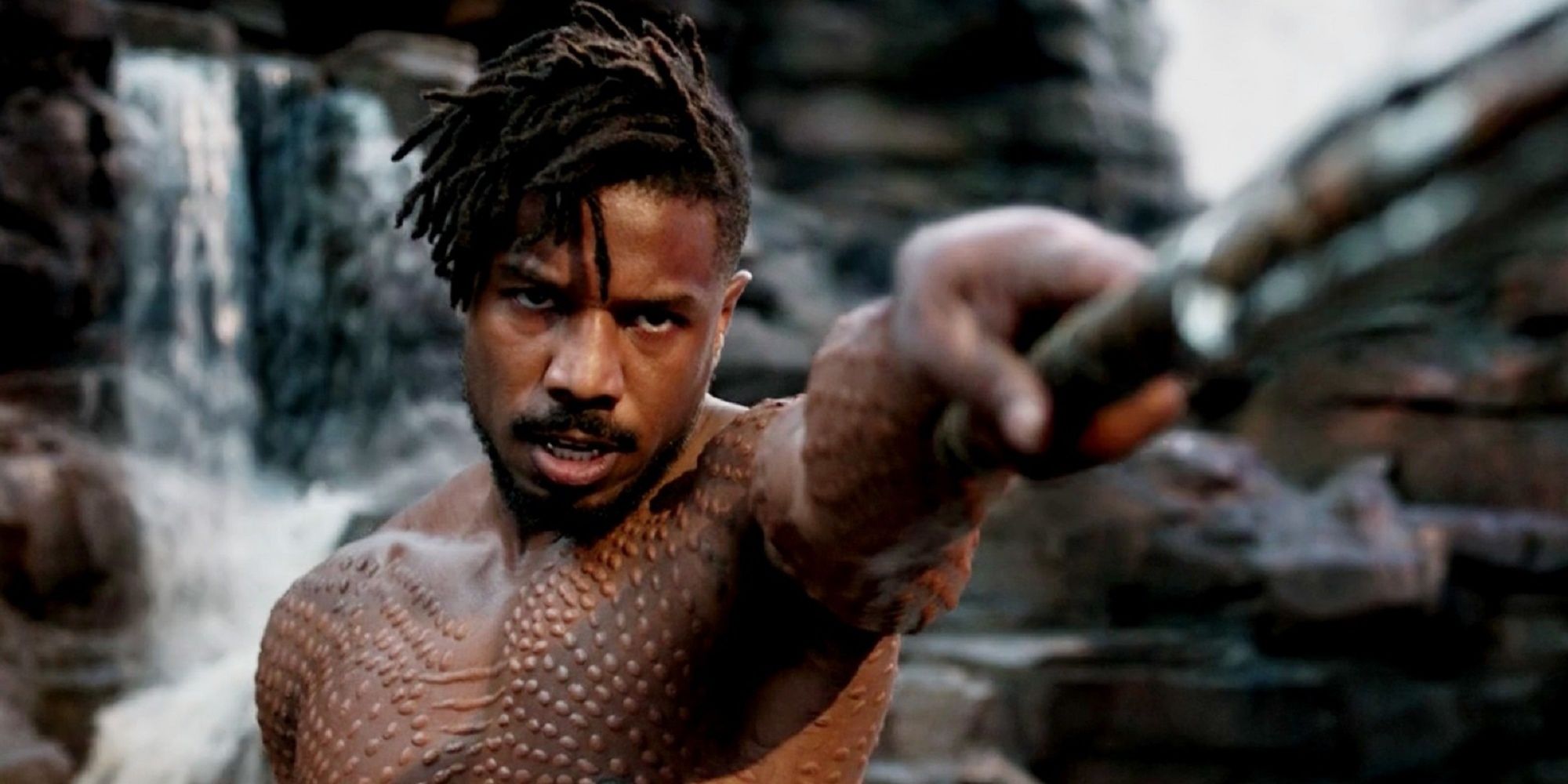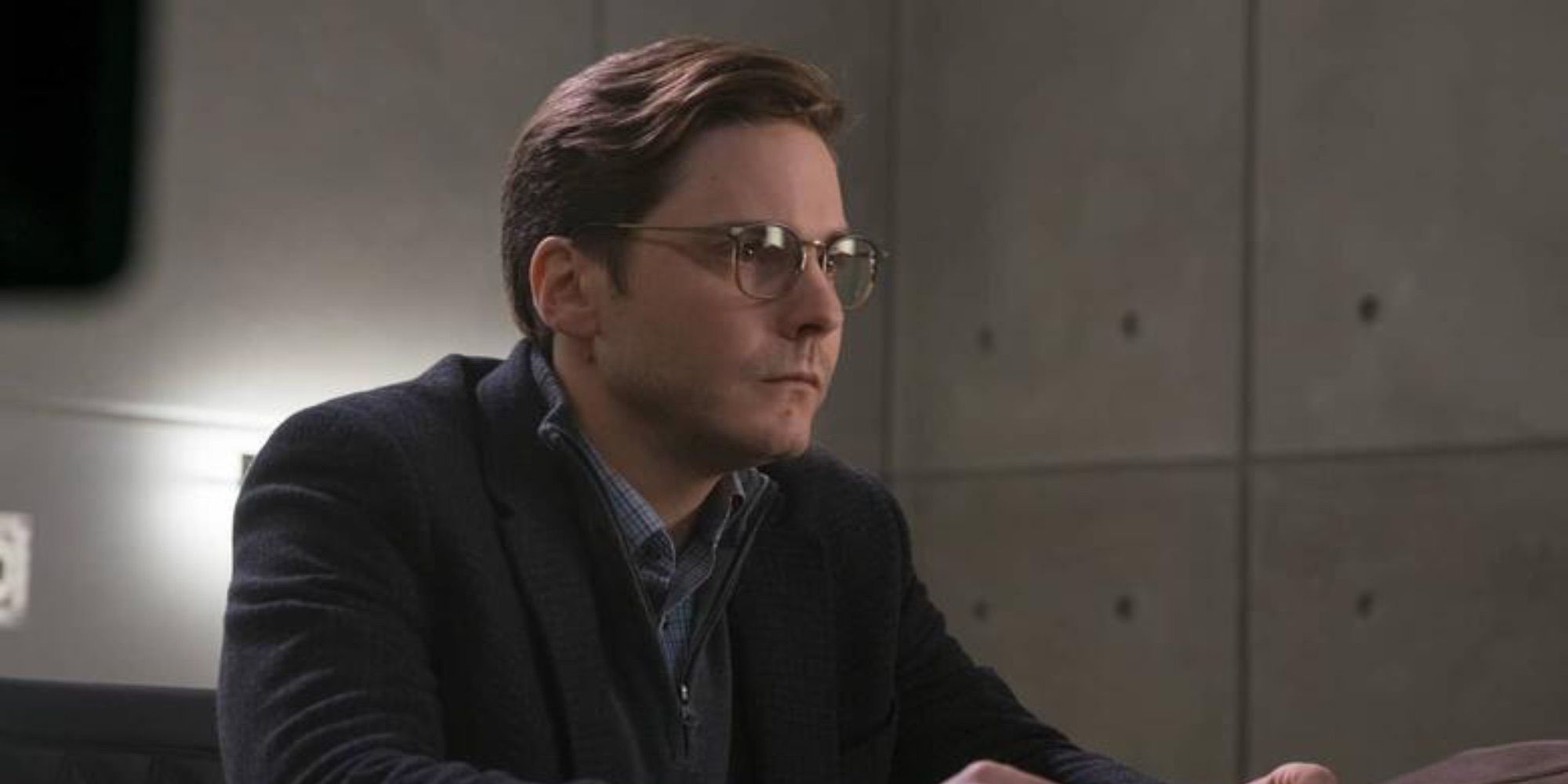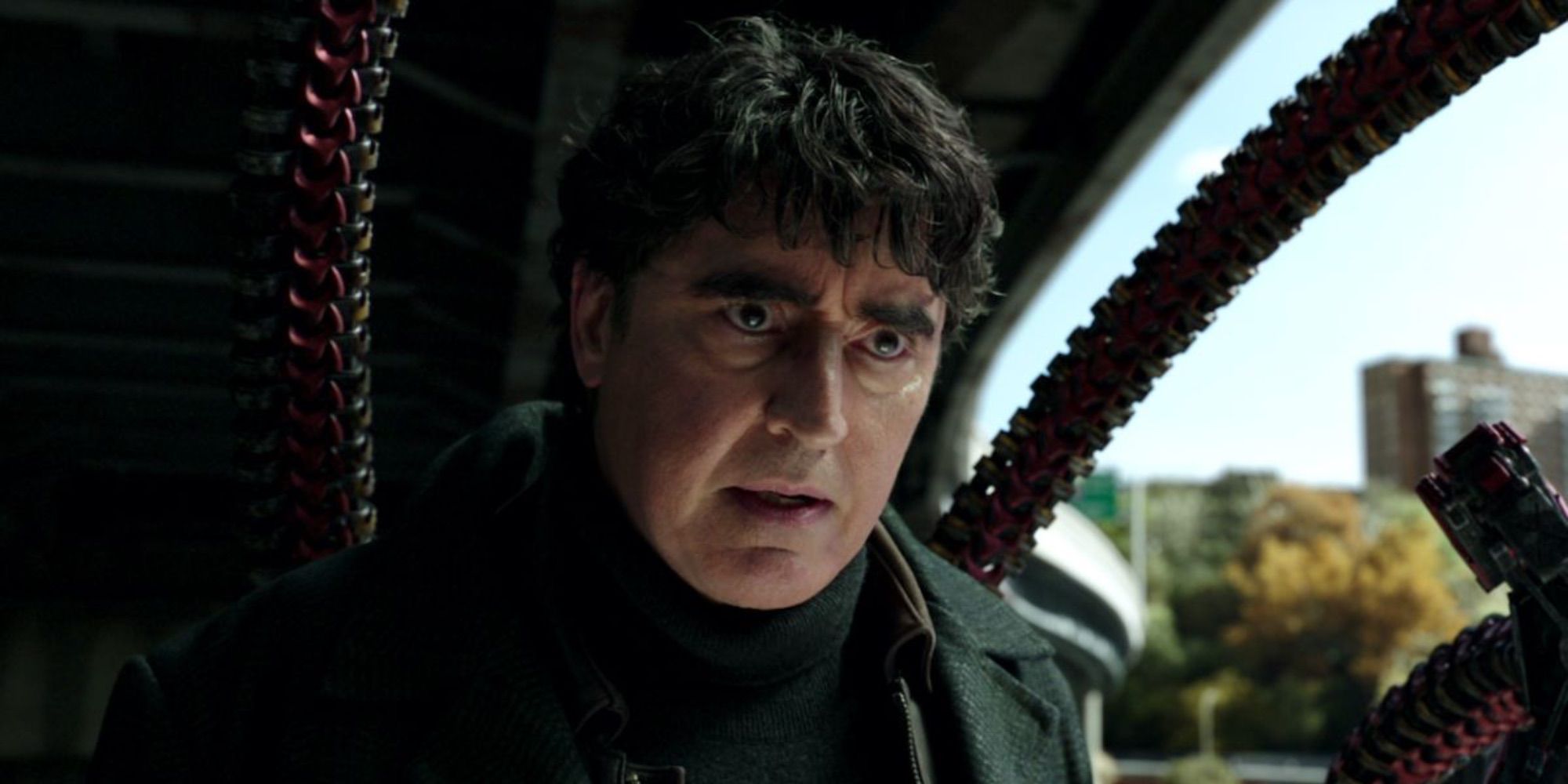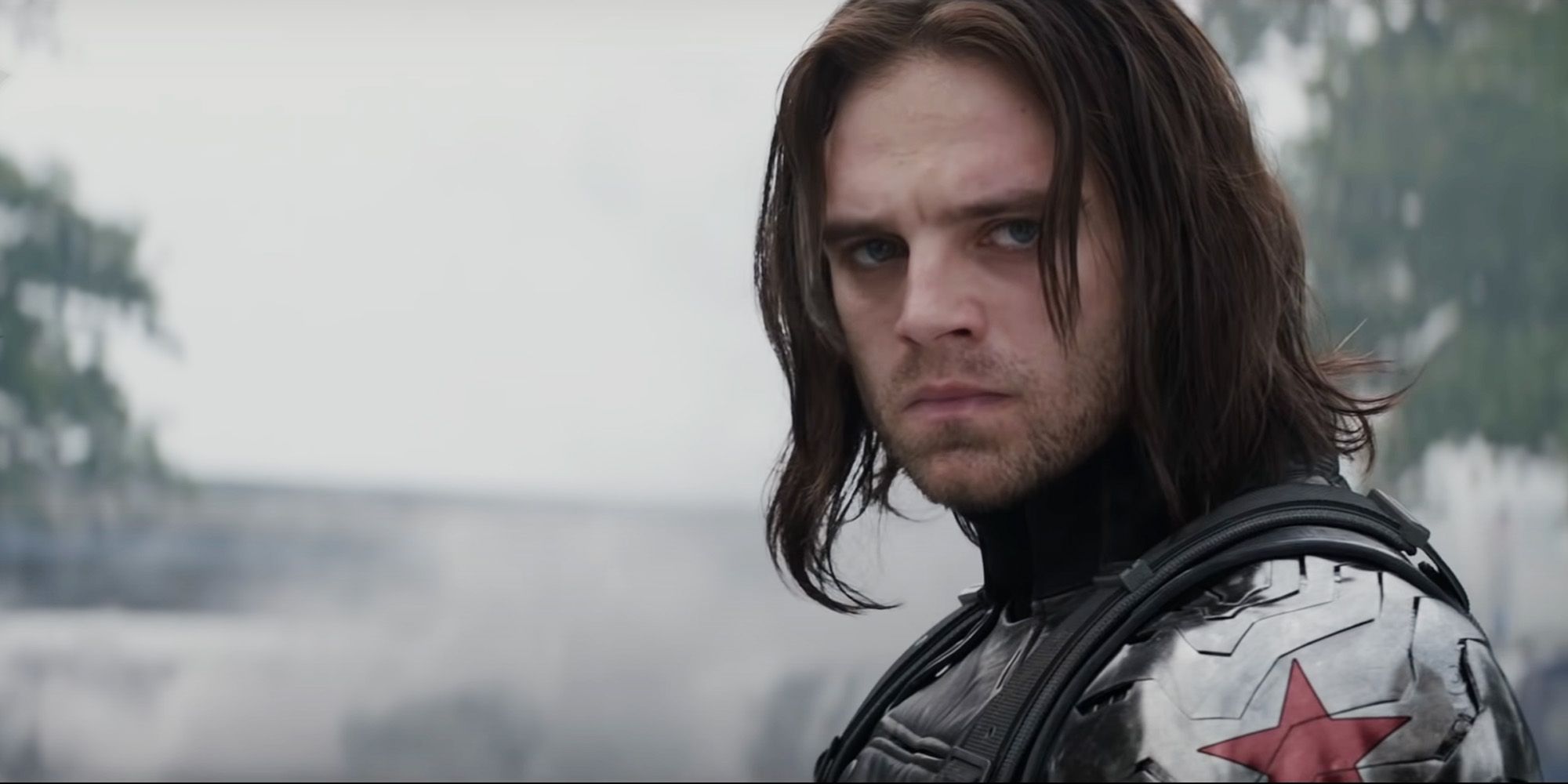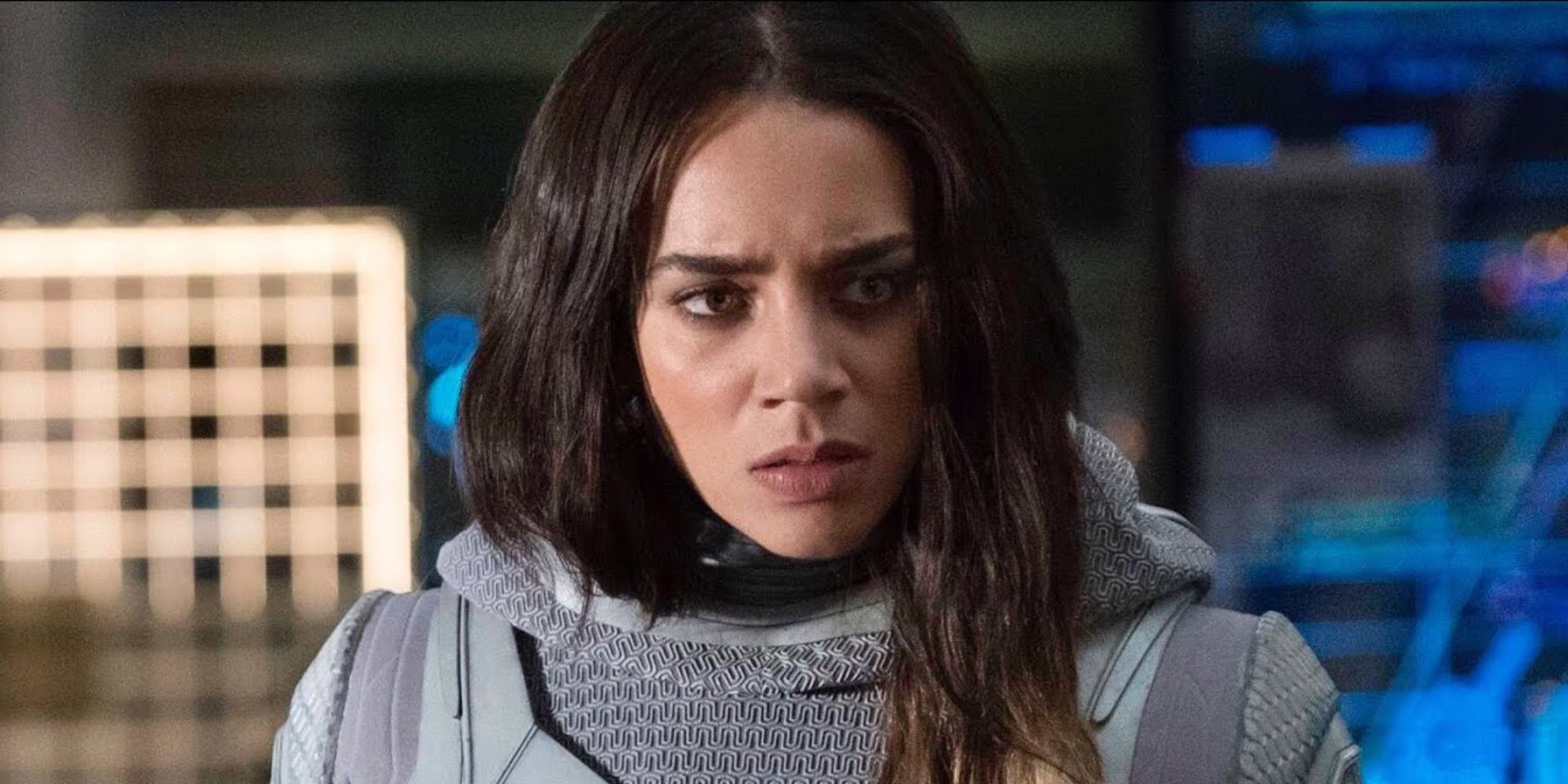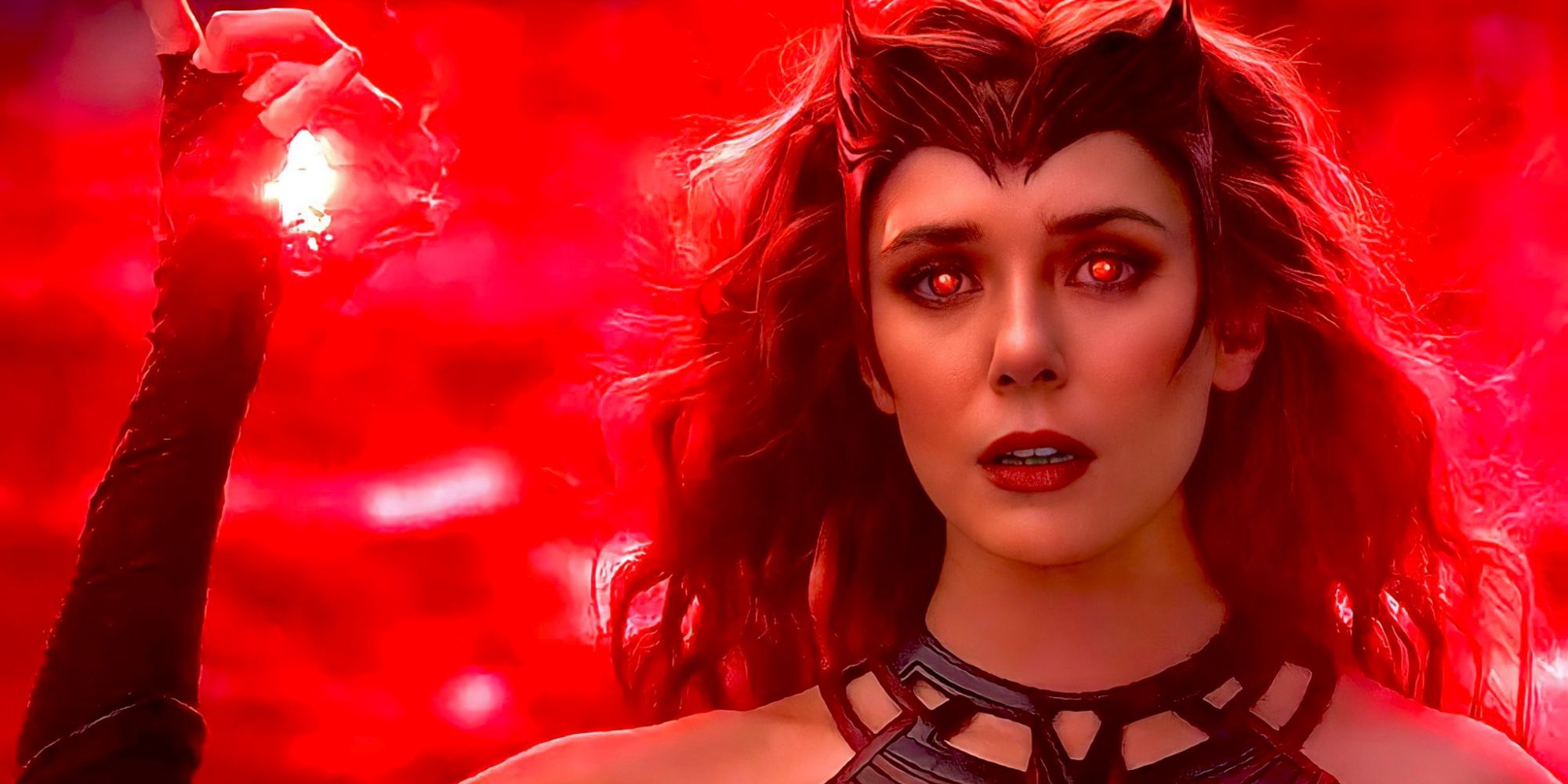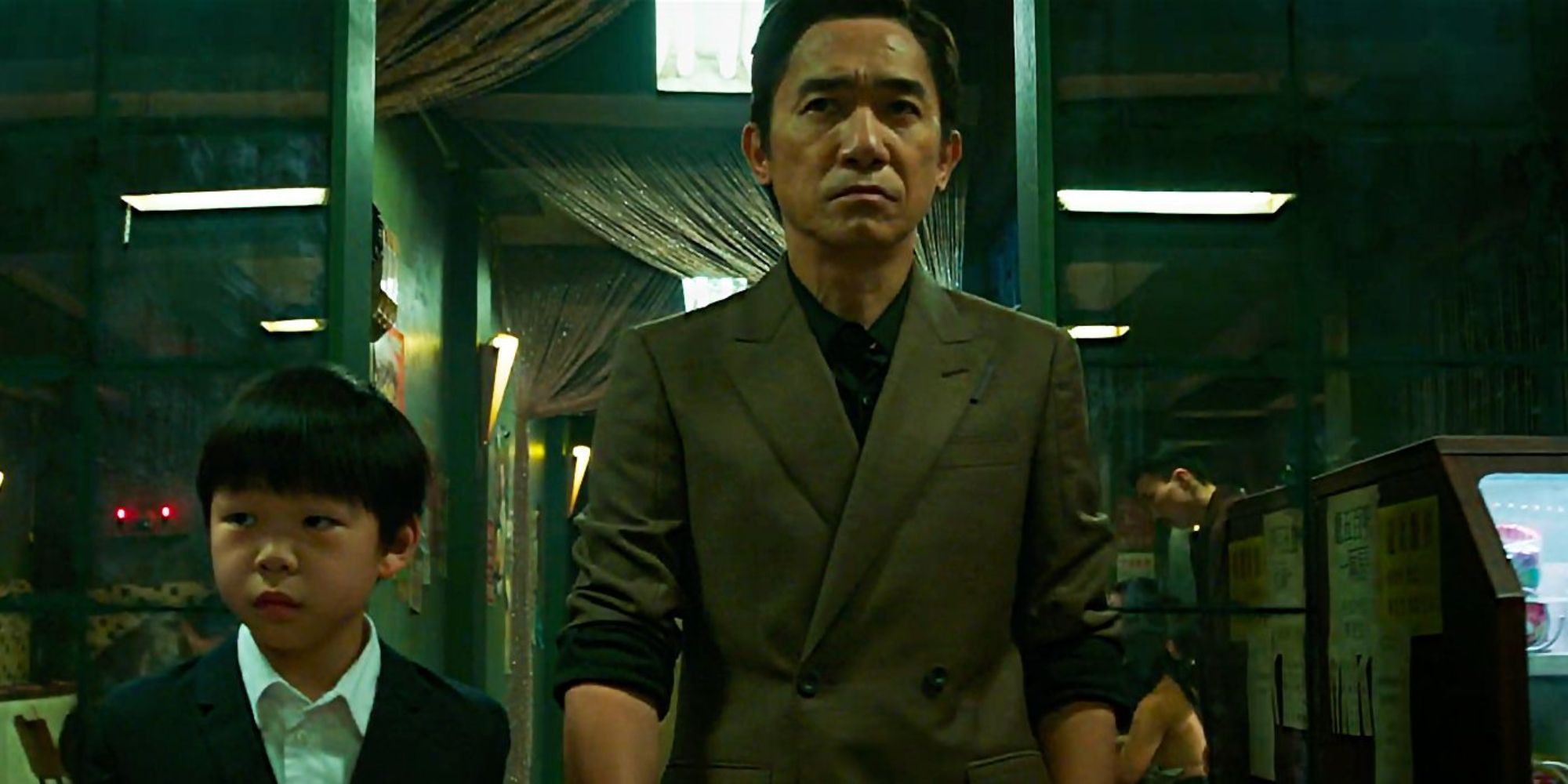The MCU has written many of its villains as pure evil, seeking riches, fame, or something for personal gain at the expense of others. However, there have been the occasional villains who not only have compelling reasons but, perhaps somewhat understandably, view themselves, not as an antagonist, but as the protagonist of their own story.
Nevertheless, the detrimental effects of their actions made these characters a menace to society at large or to other people. Although the films don’t address the root problem or deal with the villain’s perspective, the need to be stopped by a hero figure is always justifiably right. The blurred line between what deems these characters a victim and a villain, lies in the pain caused to others.
Green Goblin
Norman Osborn (Willem Dafoe) turned into an alternative persona known as the Green Goblin after exposure to a dangerous serum. Despite being heavily flawed as an imperfect father, arrogant scientist and letting his ambitions spiral out of control, he is a decent man. On the other hand, Green Goblin was depicted as pure evil, thriving on chaos, violence, manipulating others with egoistic drive.
Arguably, the Norman is the Goblin within boundaries but in truth be told, Norman was a victim of Green Goblin’s unhinged psychotic and sadistic tendencies who not only fed on Norman’s twisted desires but thrived on controlling the coward within. The moment Norman was cured, the distraught look in his eyes asking, “what have I done?” was deplorable.
Loki
Loki (Tom Hiddleston) was first introduced as a bitter brother, seeking the throne at the expense of Thor. Although his actions result in Thor’s banishment, an outcome Loki didn’t anticipate, it led to the necessary acknowledgment that Thor was unfit for the throne. Throughout the films, Loki seeks both acceptance and admiration from his adopted family.
Although he is initially overwhelmed with the truth of being adopted, feeling like a pawn in his father’s game, he recognized the love for him, but still couldn’t forget he was taken for an ulterior motive. His poor self-image and feeling secondary to his brother who was always groomed for leadership, drove Loki’s actions. As a victim of his own insecurities, he projected chaos to fit the only title he knew to be true- God of Mischief.
Vulture
Vulture (Michael Keaton) turned to a life of crime after being hard-pressed to find work. Faced with debt and no means to support his family, Vulture’s reasons were both understandable and sympathetic.
Despite having strong family values and being a good man, he quickly settles into a criminal life losing sight of morals, instead choosing to consolidate his profits. Starting as a desperate man, he quickly spiralled into a cycle, overshadowing the sympathy felt with his willingness to kill others.
Killmonger
Erik Killmonger (Michael B. Jordan) was justifiably resentful towards Wakanda after being abandoned as a child. Witnessing the race-based xenophobia perpetuated in the modern day, Killmonger believes himself to be, not only a victim of great injustices in his world but was furthermore indignant about Wakanda’s who remained in isolation, thriving with its resources.
His desire to give his people a better live stemmed from personal experience but his anger is self-serving as he chooses to ignore the opportunity to work in collaboration with the people of Wakanda. Furthermore, he shows little hesitation in killing others to achieve his goal, believing his reign is the only solution that would yield any success.
Zemo
Zemo (Daniel Bruhl) was simply a broken man, seeking retribution from those that were responsible for the death of his family. Only wanting accountability from the deemed heroes who failed to see how many were hurt in their battle, Zemo’s goal was not personal gain. In reality, there was little for Zemo to gain even with the concession from the Avengers, making his motive both sympathetic and reasonable.
However, Zemo had little remorse for the collateral damage caused when trying to break up the Avengers. The moment Zemo employed the Winter Solider in his plans, including orchestrating a pre-planned attack on the UN that claimed the life of T-Chaka, in part, robs him of the sympathy felt. Zemo’s actions not only fractured the Avengers, but resulted in loss of live, causing others the same pain that he not only resented but that fuelled his actions.
Otto Octavius
Otto Octavius (Alfred Molina) was a highly intelligent scientist, who became Doctor Octopus after an experiment went wrong, causing severe damage to his brain, leaving him in control to the tentacle-like arms that became fused to his body. Otto himself was not a villain, but rather a prideful man whose ambitions spiralled out of control leading to poor judgment.
The chip that was meant to protect his higher functions and inhibitions was destroyed, leaving him both helpless and uninhibited. Arguably, Doc Ock is an uninhibited version of Otto, revealing his darkest thoughts, desires, and urges. However, when Peter cures him in Spider-Man: No Way home, the pure content seen on his face demonstrates the relief he feels upon re-experiencing peace and in the quietness of his mind.
Winter Solider
Bucky (Sebastian Stan) was brainwashed and armed as a professional assassin called the Winter Solider. Being under total control of HYDRA, Bucky became helpless, unable to control, let alone understand his actions.
Deeming Bucky ill-intentioned or responsible for his actions is hardly fair as, Bucky was robbed of his identity, autonomy, and free will. The ‘Winter Solider’ may have been a villain but the true villain were those who created this facade. Bucky himself was a helpless victim who after being repeatedly tortured became lost within his own mind.
Ghost
Ava (Hannah John-Kamen) is hardly a villain, but a victim of molecular disequilibrium who did the occasional bad thing to survive. After being exploited for military use, Ava remained in control of her emotions as she didn’t take out her frustration Hank Pym despite believing he was responsible he was responsible for her condition and her parents’ death.
She doesn’t hurt people unless she must, in a desperate plea to not die in horrific agony, not wanting to surrender herself to her circumstances. As her condition stabilizes, she wants to turn herself in, believing that she should be held responsible for her actions, demonstrating her true character.
Wanda
Wanda (Elizabeth Olsen)’s childhood trauma painted her as a naive and misled victim until she eventually rights her wrongs, joining the Avengers to become a hero. After losing Vision, Wanda’s grief creates a false sense of reality which would have been solely self-destructing had it not been for her powers, with which she forced others to be a part of. Faced with the responsibility of those in Westview, she releases the spell which results in losing her family.
Wanda searches for her children in alternative universes, taking extreme measures during the events of Dr. Strange 2. Not only was she aggressively mean, but her actions of mass murder are hardly justifiable. Wanda’s evolution of roles from a victim to hero to villain blurs the lines that characterize this character. At the heart of it, Wanda is a good person, but her desperate need for family becomes dangerous when it is out of reach. Wanda backed off after seeing her children recoil in fear. Although this didn’t undo the damage, or bring back those whose lives were lost, she rewrote her own character’s story and possible future.
Wenwu
Written as one of the most complex villains, Wenwu (Tony Leung) was blinded by the pursuit of power until he falls for Ying Li. After finding his family is worth growing old for, Wenwu gave up the ten rings. Losing his wife at the hands of his enemies tugs him back into the darkness where he reclaims the rings. As his better judgment was clouded by grief, he trains Shang-Chi, sowing fear in his children. As a mourning widower, he believes that he can bring her back and complete his family.
As he unleashed the Dweller in Darkness, it became clear that despite not being a bad guy, he needed to be stopped for the better good of Ta Lo. As a layered character whose motivation was sympathized, viewers were equally invested in both the villain and hero, both father and son. His sacrifice for Shang-Chi was a beautiful glimpse of the father figure and family man he was before tragedy struck, demonstrating that he isn’t a villain- but a resentful man who lost what he loved.

